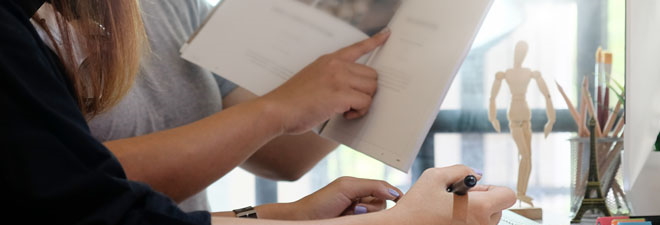Authors: Jessica Sprague-Jones, Jacqueline Counts, Center for Public Partnerships and Research.
Part 1
At the Center for Public Partnerships, University of Kansas, our research and action agenda is co-created by the realities of the present and the yearnings for a just and flourishing future. In our 18 years acting as a conduit between research and policy, we have developed long-term relationships with state agencies, and have learned many lessons about what it takes to influence policy – often, the hard way.
The typical academic approach to engaging with policymaking is largely passive. Those academics who are interested in influencing policy tend to think of their role as ending with conducting relevant research and making it available through publishing. Particularly enterprising researchers may put their findings into a blog or infographic, tweet about it, or otherwise publicise their findings beyond peer review. That policymakers are waiting to receive and make use of this research is assumed.
This conceptualisation of a straight line from research to policy reveals a simplistic understanding of both knowledge-making and policymaking. The practice of science is not simply additive, filling previous gaps in knowledge – it’s a conversation, as ways of understanding the world evolve and new explanatory frames emerge. Likewise, policymaking is not a simple linear trail from input to output, problem - evidence - solution. It is a complex ecosystem of competing interests and values, including which problems should be addressed or are even problems. And timing.
Researchers who wish to influence policy must act in ways that are both more agentic and more supportive, meeting policymakers where they are and using their toolset to nimbly co-create solutions. This requires four things:
1. Intimate knowledge and long-term relationship building
Influencing policy is a two-way street. Academics need to learn about the policymaking process and context to effectively engage. They must develop mutually trusting relationships with policymakers to understand and expect their ever-changing priorities and constraints. With this trust and understanding, researchers can engage as “knowledge brokers,” acting as a bridge not only to their own research, but to multiple fields and disciplines, and the very practice of empirical inquiry.
2. Strategic foresight
Today's policymaking requires ongoing, long-term thinking. Typical strategic approaches do not reflect dynamism and unpredictability of future events. Rather than extrapolating into the future, “strategic foresight starts by exploring the future before thinking about implications for the present.” Strategic foresight offers methods for exploring possible disruption, external forces, and multiple alternative futures. An effective researcher will bring policymakers into foresight activities for buy-in and ownership and provide a common framework within which policymakers can process new ideas.
3. Framing of both problem and solution
Framing is a critical component of the process – and possibly a source of discomfort for academics. Policymakers (like all of us) use myriad shortcuts to understand an issue. An effective policy actor frames evidence “to address the many ways to interpret policy problems,” and draws attention to one way of framing the problem and feasible solution. A news article is just as likely as new research to influence policymaking. Being contributors to a “wider, and noisier, public conversation” might be the most productive avenue academics can take. Academics must have strong communication skills, exhibit intellectual humility, and be generous with ideas and the credit that comes with an idea being adopted.
4. Multiple Plan Bs over time
Remaining relevant in a changing world requires that academics create a portfolio of ideas rather than being wed to one singular idea. Strategic foresight explores multiple futures and academics must as well. That means cataloguing ideas and adjusting to emerging trends, respecting divergent views, and being ready to blend ideas and adapt. And finally, academics must be available and answer requests when inconvenient. To grow and be funded, the best ideas must reach those with the power and persuasion to make something happen. These requests are often outside of the academic year and outside of normal business hours.
From inadequate support for caregiving to social inequalities of all kinds, the problems which were exposed during the pandemic have been well-established and admired; more data will not save us. At this point, we need action. Academics need to translate what we know into actionable steps. This demands better, more engaged, more nimble relationships between researchers and policymakers.
The Center for Public Partnerships and Research specialises in systems change and in finding innovative solutions to complex social problems.
Follow us on cppr.ku.edu | Facebook | CPPR Twitter | Jackie’s Twitter | LinkedIn
This blog is part 1 of 4.

Publish your policy brief with us
Make your brief accessible and visible to key decision makers by publishing your brief in one of our journals.

Are you in?
Are you in for finding new formats and channels to disseminate research to reach a wider audience? This is just one of six commitments in our Real Impact Manifesto where we think we can all work together for change – will you join us?
